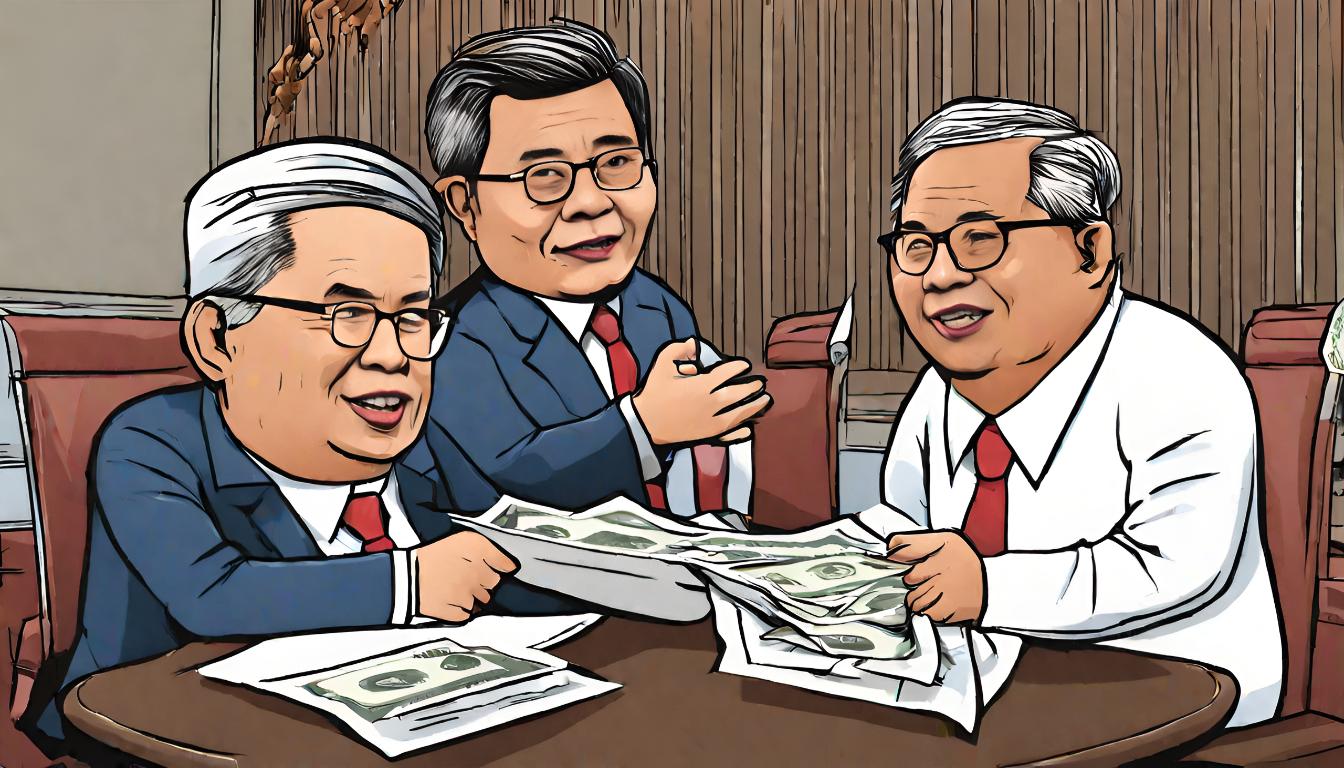Political financing is one of Malaysia’s “legacy” problems. Almost every major milestone of Malaysian politics is concerned with political financing troubles.
In the past, the ruling BN government has been accused of receiving donations from local corporations, while the opposition PR and PH coalitions have similarly been accused of receiving donations from shadowy foreign entities.
And of course, the entire 1MDB debacle can be seen to be rooted in attempts to secure political financing for the 14th General Elections.
Most recently, the spectre of political financing has arisen again in the form of multiple Opposition members of parliament changing their allegiance towards the Government in order to obtain Ministry development funding for their constituencies, despite the Malaysian Parliament’s best efforts at ending the practice of party-hopping.
Even so, no ruling government has been bothered enough thus far to put forth a solid solution and finally lay down the rules of political financing in Malaysia. It’s a complete cowboy town over here.
Before the 15th General Election, there was an attempt to table a Political Financing Bill in Parliament by October 2022. Despite having a highly competent All Party Parliamentary Group on Political Financing (APPGM) pushing it through with extensive consultations with stakeholders such as senior politicians, grassroot political and community leaders and civil society organisations (CSOs), the Political Financing Bill was not tabled. As of mid-December 2023, there has been no significant progress.
We can see how certain parties in Malaysia can be reluctant to table the Political Financing Bill by weaponising political funding (or the lack thereof). I find this irresponsible as it will eventually come back to bite those who are now taking advantage of the situation. As the Malay saying goes, meludah ke langit, menimpa muka sendiri juga.
On 9 November 2023, the think-tank IDEAS, one of the CSO partners of the APPGM, released a softcopy of the proposed Political Financing Bill they have drafted after conducting months of research and consultations. While the Bill’s release generated limited media attention, it deserves closer examination as a potential solution to address the current issues plaguing Malaysian politics.
Reading through the proposed Bill, it seems almost like it was uploaded out of frustration due to the reluctance of the government to put it to the floor of the Dewan. I can see that as recently as September 2023, the APPGM was still urging the Prime Minister’s Department (Law and Institutional Reform Minister, Datuk Seri Azalina Othman Said, to provide a clear timeline for presenting the Bill in parliament.
It is crucial that we recognise the importance of providing funding to opposition parties, even those who did not win in Putrajaya, to enable them to function as wakil rakyat and effective members of the opposition. Opposition-held constituencies should not be allowed to go destitute, and most certainly should not be reduced into a bargaining chip to assuage their MPs into switching sides.
The timing of the proposed Bill coincides with a period of increased political defections, suggesting a potential response to this concerning trend. Whether this reform will achieve its intended goals remains to be seen, but the need for action is undeniable.
Malaysian politicians have long called for a “level playing field” between government and opposition parties, along with a reduction in reliance on shadowy donors. The APPGM’s proposed Political Financing Bill presents a potential pathway towards achieving these objectives.
I urge everyone, including citizens, political parties, and policymakers, to engage with the proposed Bill and contribute to its development. Reform cannot be achieved through mere political rhetoric; it requires a collective commitment to transparency, accountability, and ethical conduct across the political divide.


